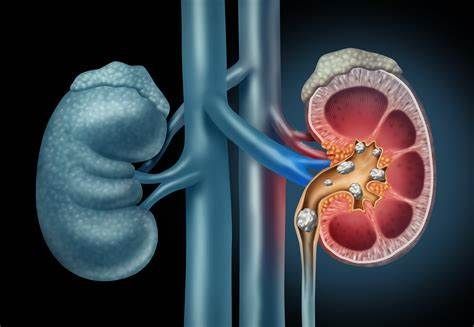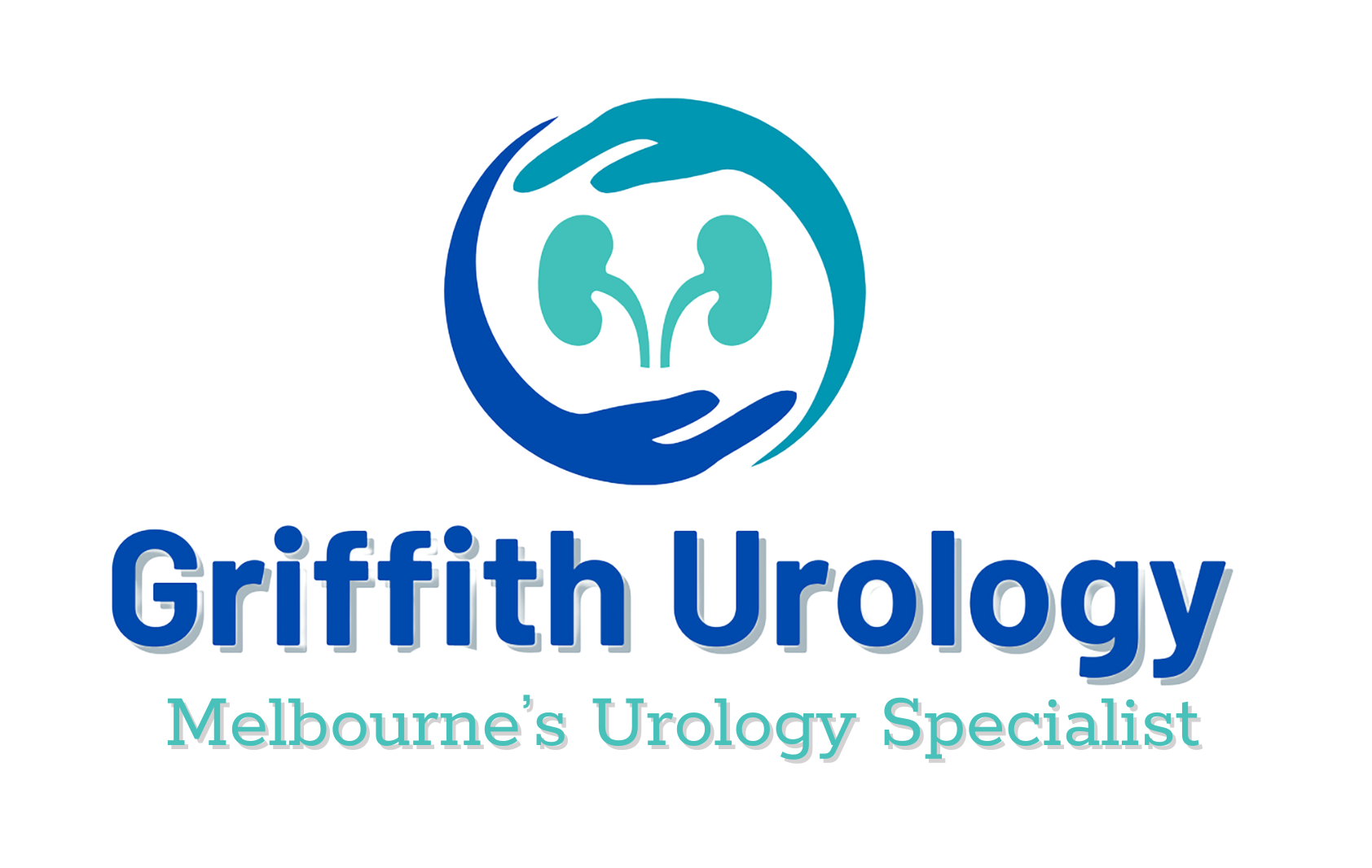KIDNEY STONES
Some Kidney Stone Facts
1. The highest incidence is seen in the Southeast United States
2. More common in men than women
3. Peak age group is 30 to 50
4. Can be genetic
What are kidney stones?
Kidney stones are composed of salts and minerals found in the urine, which clump together to create tiny "pebbles." These stones can vary in size, ranging from as small as grains of sand to completely filling the kidney's collection system. While they initially form in the kidney, they may cause a blockage in urine flow if they get stuck in the ureter—a tube linking the bladder to the kidney.
What causes kidney stones?
Kidney stones develop when there is a disruption in the usual equilibrium of water, salt, and minerals present in urine. Crystallization takes place when specific metabolites become overly concentrated in the urine.

What are the symptoms
The first sign of kidney stones is often the sudden development of intense and unrelenting flank pain. This pain is due to blockage of urinary flow from the kidney and increased pressure in the urinary system. The blockage may come and go, with pain moving from the upper back to the lower abdomen as the stone moves toward the bladder.
Other symptoms may include nausea, vomiting, bloody urine, and frequent and painful urination. If you have a fever, this indicates an infection is present which is a medical emergency. If fevers or chills are present, you should contact your physician immediately. The combination of infection and urinary blockage may lead to an overwhelming blood infection.
Most small stones tend to pass into the bladder and are expelled with urination. Bigger stones may be stuck at various points especially at the very last portion of the ureter where it is at its narrowest. Most passable stones will do so within 6 weeks.
Stones may also form in the kidney and grow to an impressive size. These larger stones may also cause pain, bleeding, infection, and kidney damage. Bacteria can “hide” in the kidney stone, escaping the reach of antibiotics and causing chronic urinary tract infections (UTI). The sheer volume of the stone may also impede normal urine excretion and affect kidney function.
Treating Kidney Stones
The treatment of your kidney stone depends on the size, location, number, and chemical composition of the stone. Treatment options include:
- Observation: Small stones that cause no symptoms can be watched and treated at a later date if the stone grows in size or causes symptoms. Many small stones will pass through the urinary tract. Your doctor may give you medicine to keep you comfortable.
- Extracorporeal shock wave lithotripsy (ESWL): A non-invasive procedure that uses shock waves to break or “shatter” a kidney stone into small pieces. These bits can then pass out of your body in your urine. It is an extremely safe, outpatient procedure performed under general anesthesia. Pain is minimal and most people return to work within 1 to 2 days. As part of comprehensive kidney stone services, Griffith Urology offers this at several facilities.
- Ureteroscopy: Ureteroscopy may be used for stones that are not amenable to ESWL. Ureteroscopy uses a small endoscopic instrument called a ureteroscope that is passed through the urethra and into the ureter. Laser energy is then used to either fragment or evaporate the stone. This technology has advanced rapidly in recent years allowing more complex and larger stones to be successfully treated. The stone-free rate after ureteroscopy is typically greater than 95 percent.
- Percutaneous Lithotripsy (PCNL): For the largest stones, endoscopic instruments are placed directly into the kidney through a tract in the flank. This allows the removal of larger and more complicated stones. This procedure often requires a hospital stay and has excellent stone-free rates.
The need for major surgical procedures is infrequent and reserved for a small number of patients in which other methods fail or which certain co-existing conditions or infections.
Preventing Kidney Stones
After you have had kidney stones, you are more likely to have them again. Your urologist may make recommendations for prevention based on the specific cause(s) of your stone formation. For most patients who do not exhibit significant metabolic abnormalities, the most important measures are to increase fluid intake (water is best) to produce 2.5 liters of urine per day.
Other prevention recommendations may include:
Avoid food high in oxalates such as chocolate, coffee, tea, nuts, and large amounts of dark leafy greens. Limit salt and animal protein intake. Moderate calcium intake. Take preventative medications as prescribed.
To help you prevent kidney stones, Dr. Griffith can order test to better guide evaluation and management.

